The new Smart #5 takes the brand's essential character upmarket and offroad
Kai Sieber, head of design Smart at Mercedes-Benz Design, discusses the evolution and style of the new Smart #5
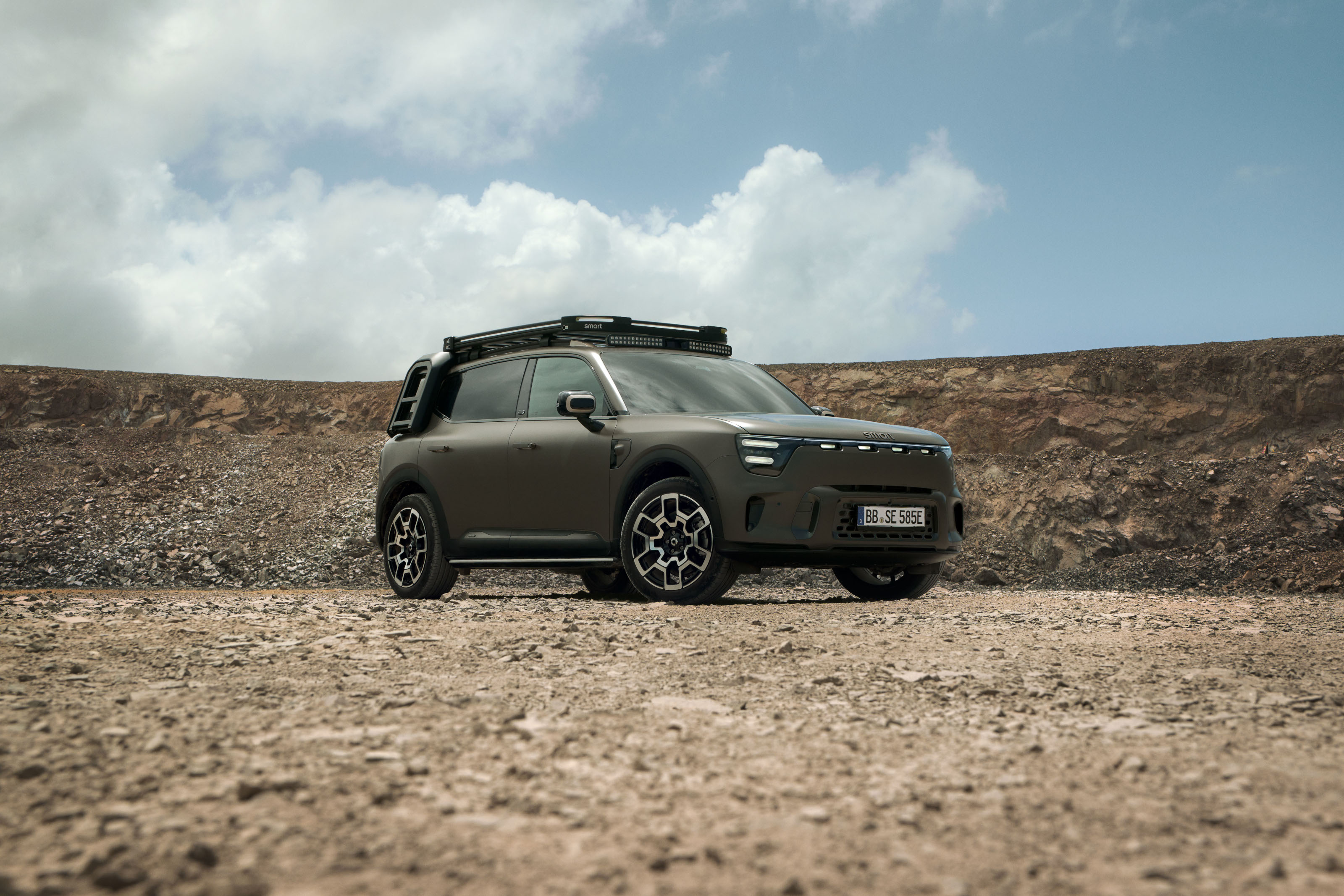
Now that Smart has been fully reborn as a grander, more premium all-electric marque, the next car to emerge from the German-Chinese partnership is this, the Smart #5. Billed as the ‘First-Ever Premium Mid-Size SUV from Smart’, it joins the Smart #1 and Smart #3 to complete a trio of SUVs that will have completely reshaped the brand.
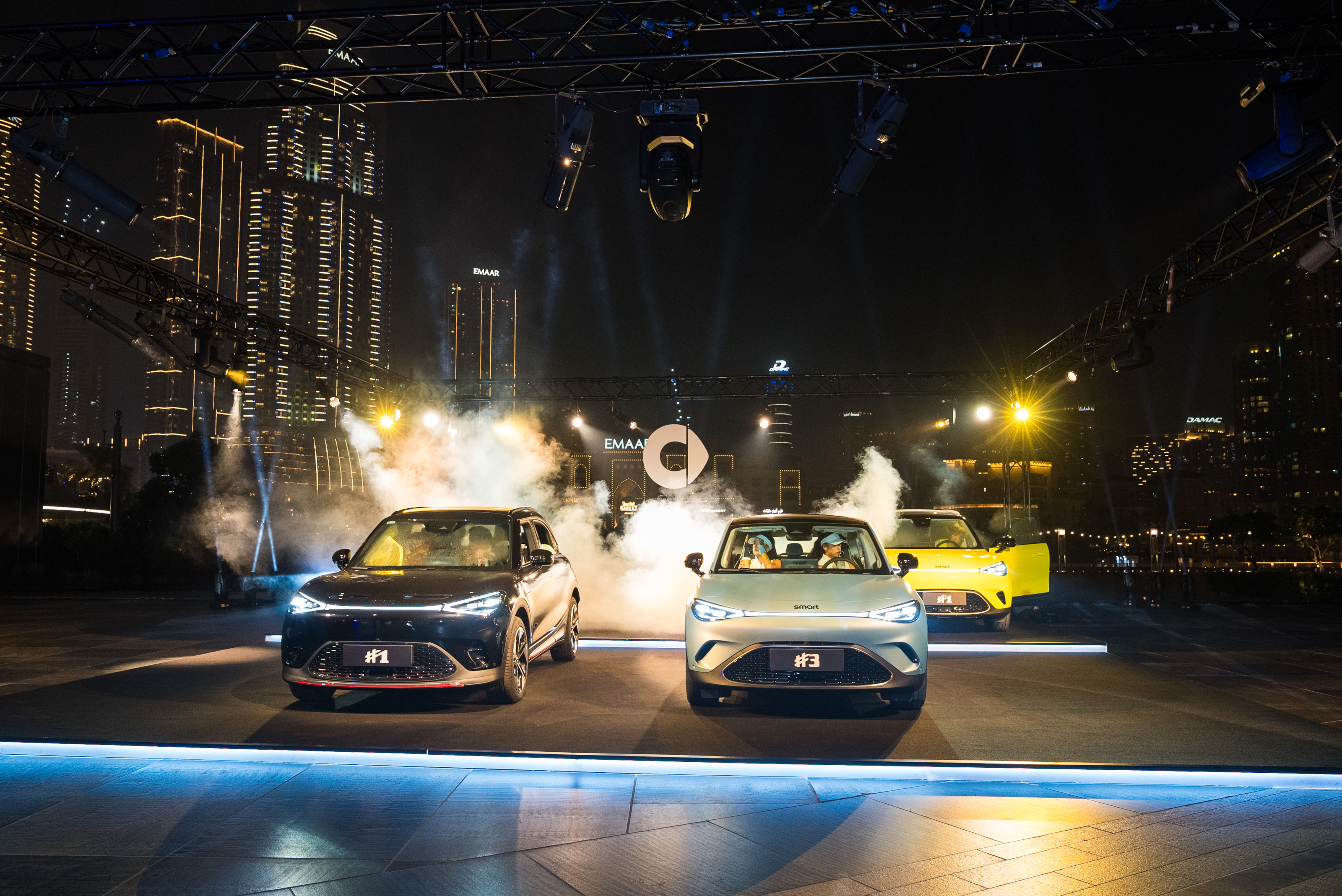
The Smart #1 and Smart #3 are launched in the UAE, October 2024
The #5 will come as something of a shock to those used to Smart’s compact, urban-focused past. With rugged styling and off-road accessories like a roof light bar and electric trailer hitch (and the option to install underbody protection, a roof carrier and even a side ladder in Chinese markets), the #5 pitches itself as a bespoke off-roader with a side order of interior quality.
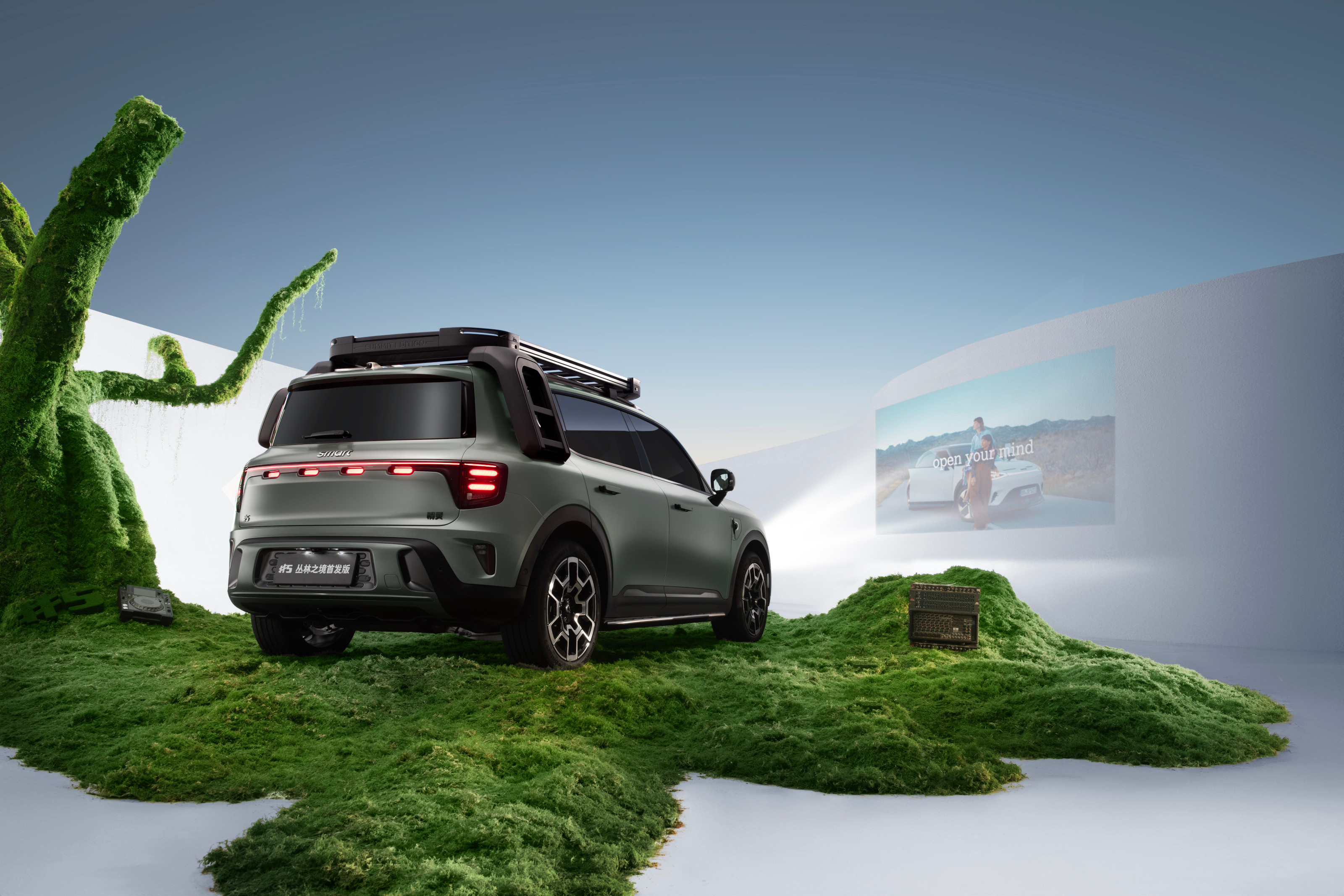
The new Smart #5 is pitched as an adventure vehicle
The latter includes aeroplane-style LED reading lights, oak trim, LED ambient lighting and even the ability to transform the seats into a ‘king-size, queen-size, or single sleeping space in the cockpit’. With no less than 34 different storage spots scattered around the cabin, as well as frunk luggage compartment and a sizeable boot, Smart is pitching the #5 as a competent all-rounder.
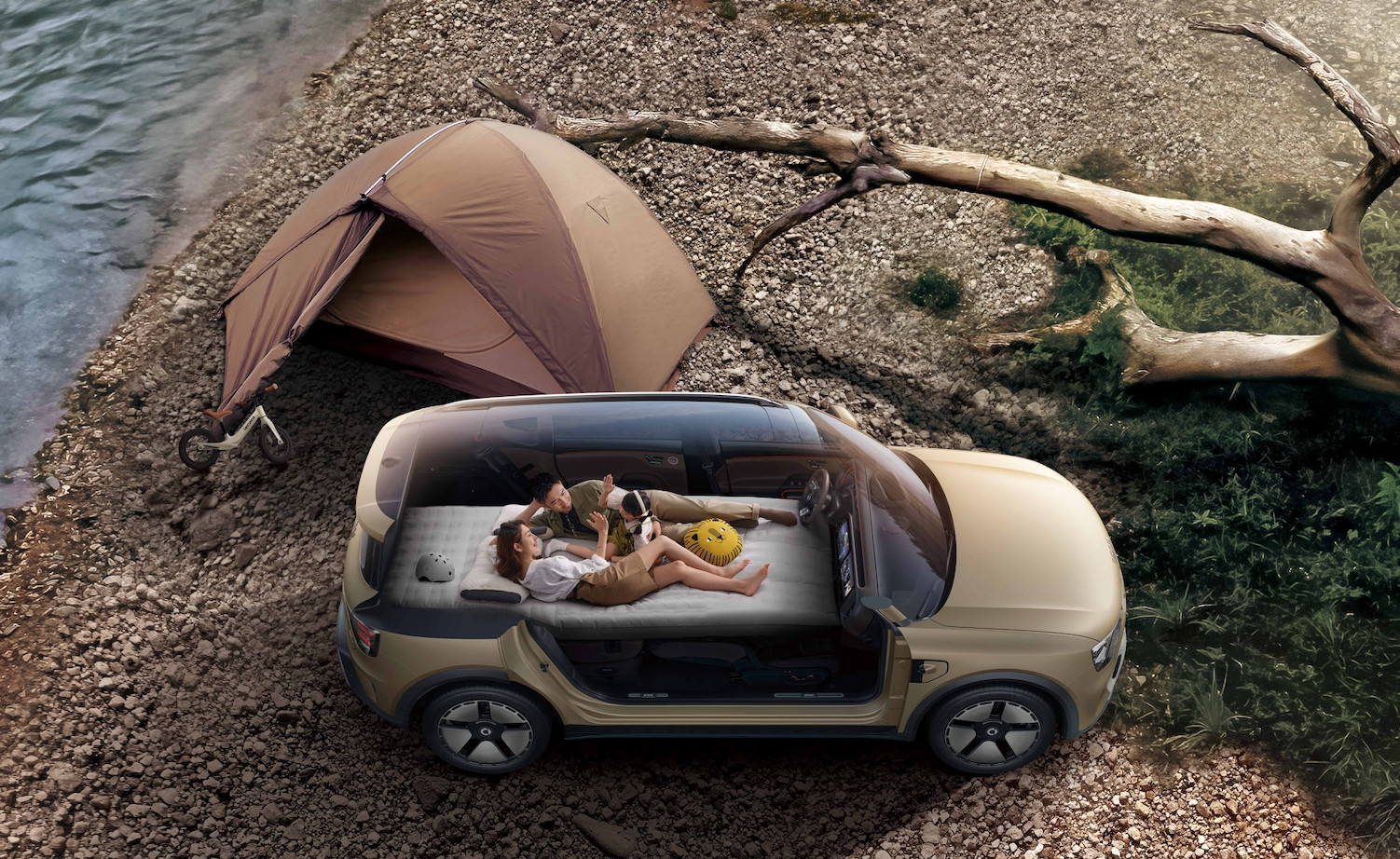
Smart #5's interior transforms into a bed
Three new partners also signal the #5’s multi-functional direction. These include the bespoke Project One bike from American bicycle brand Trek Bikes and ‘The Cave’, a custom version of one of outdoor gear manufacturer Heimplanet’s tents. Finally, there’s Sennheiser, the German audio brand, which has overseen the #5’s 2,000-watt sound system.
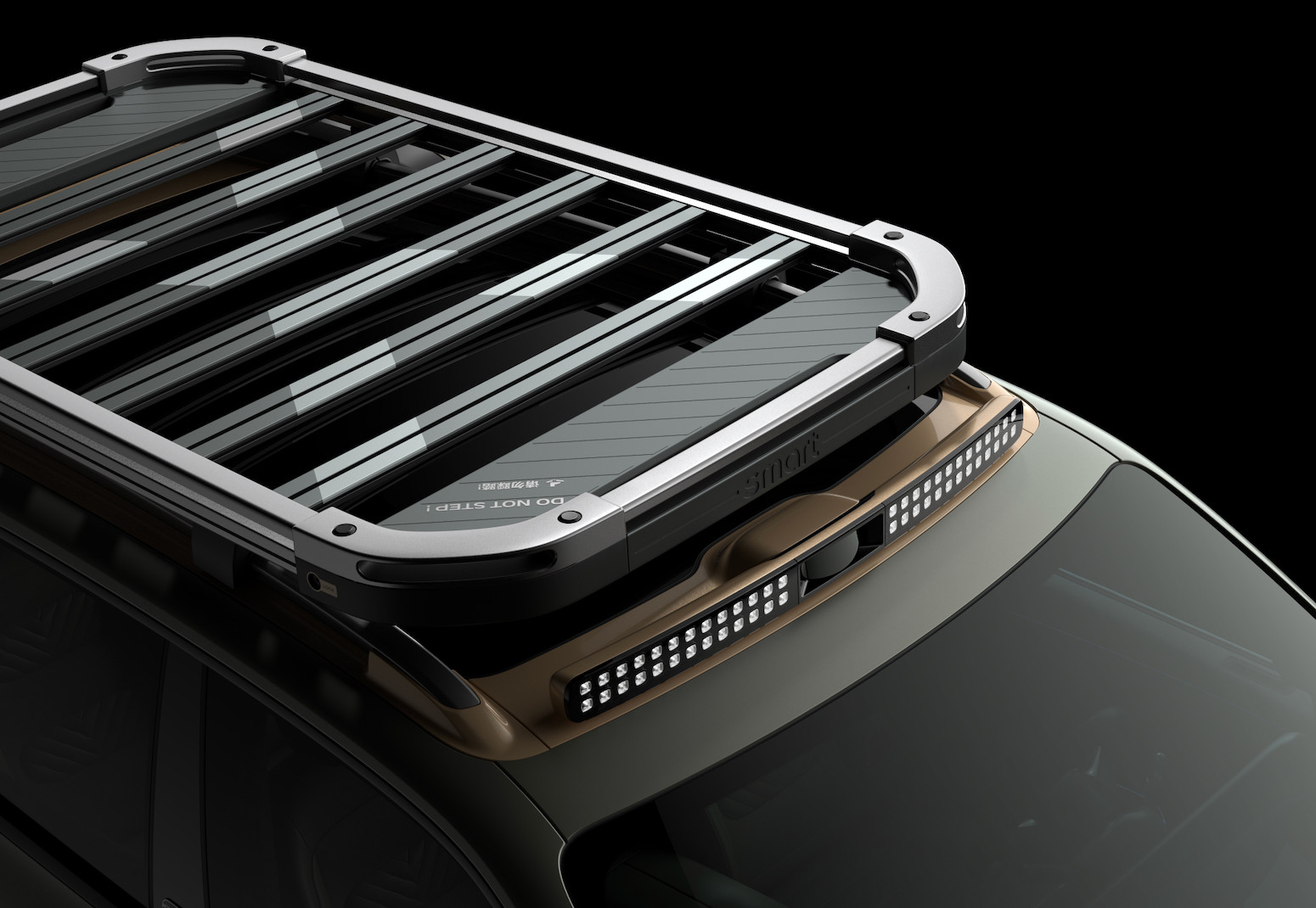
Accessories include a roof rack and LED light bar
Wallpaper* spoke to Kai Sieber, head of design Smart at Mercedes-Benz Design, to talk us through the new model and what it means to scale up a brand that originally intended to make the most pocket-sized cars of all.
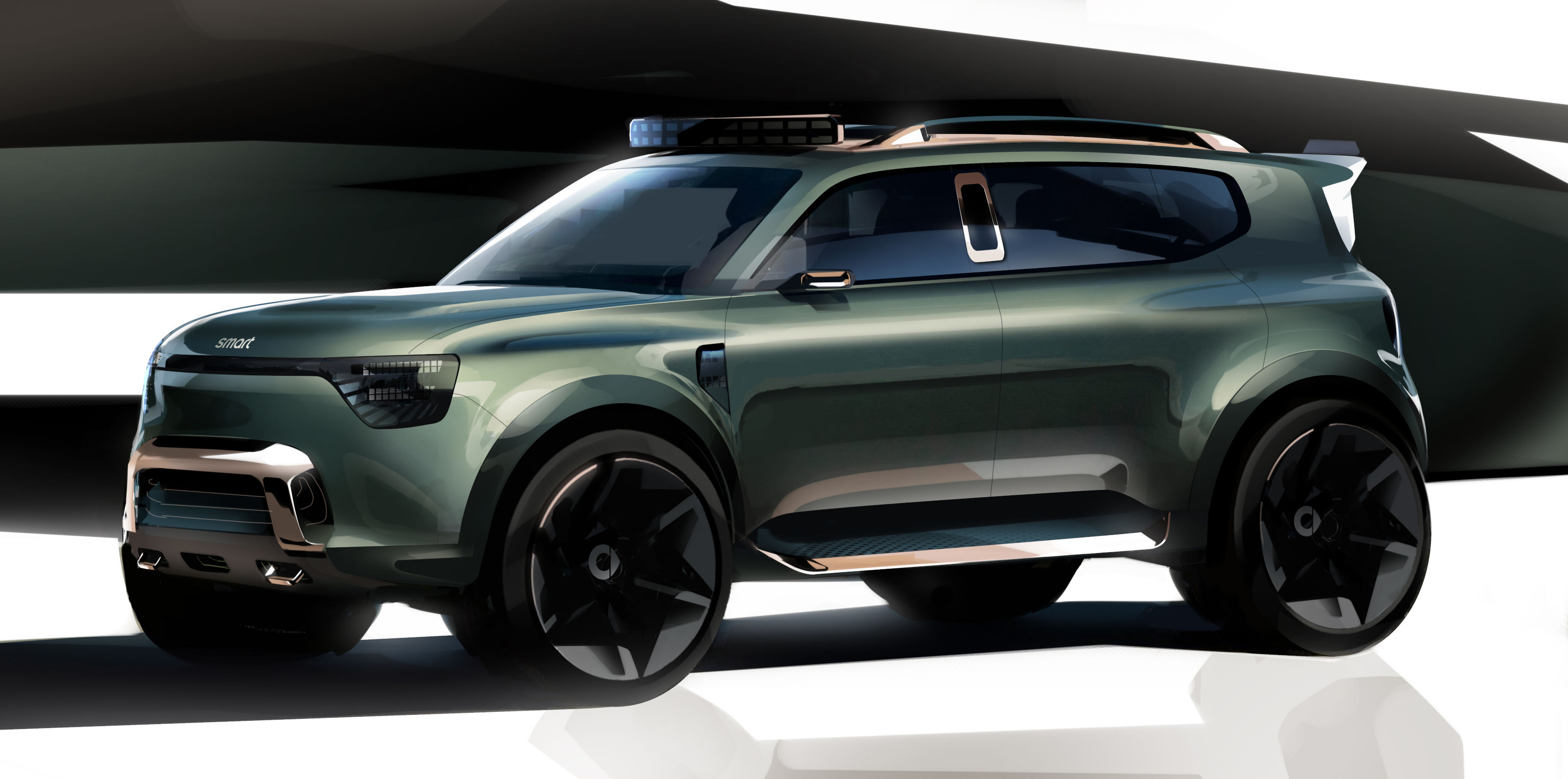
Exterior rendering of the Smart #5
Wallpaper*: Tell us the story of the brand’s reboot
Kai Sieber: We switched Smart from being an A-segment car towards the B and C segment and formed a new partnership with Geely. As part of this process, we performed a reset for the brand, which involved a lot of research. For example, the Smart word cloud included things like ‘simple, sweet, kind, and colourful’, which told us it had established itself as a positive, playful brand. As a result, Smart is not against anything – it is about positivity.
Wallpaper* Newsletter
Receive our daily digest of inspiration, escapism and design stories from around the world direct to your inbox.
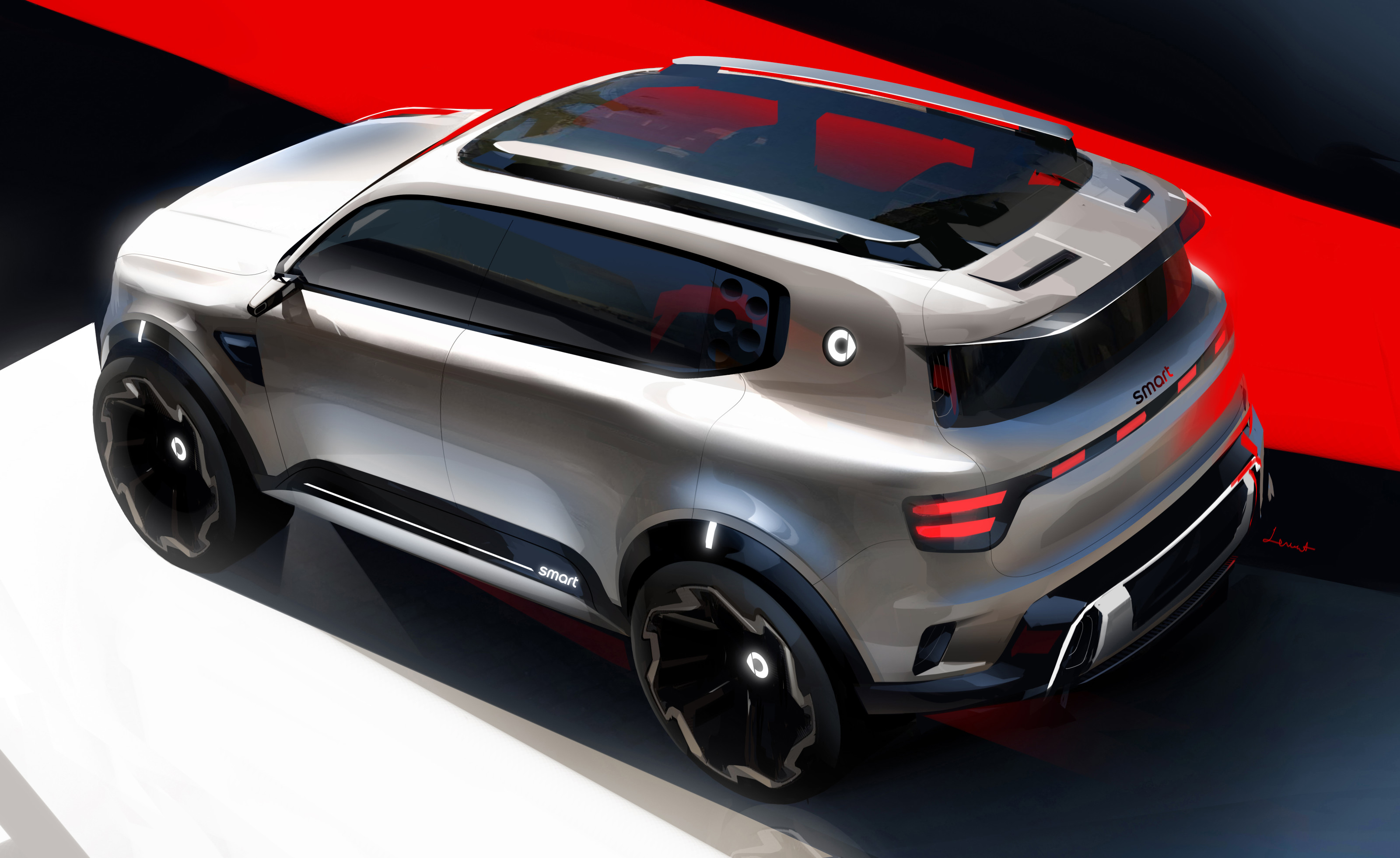
Exterior process sketchwork for the new Smart #5
W*: What came first, the new approach or the partnership with Geely?
KS: When we did the Fortwo and Forfour, we were working with Renault [the pairing also resulted in the Renault Twingo]. Geely came forward with a platform and joint venture – it is a really excellent platform, a long wheelbase with very short overhangs.
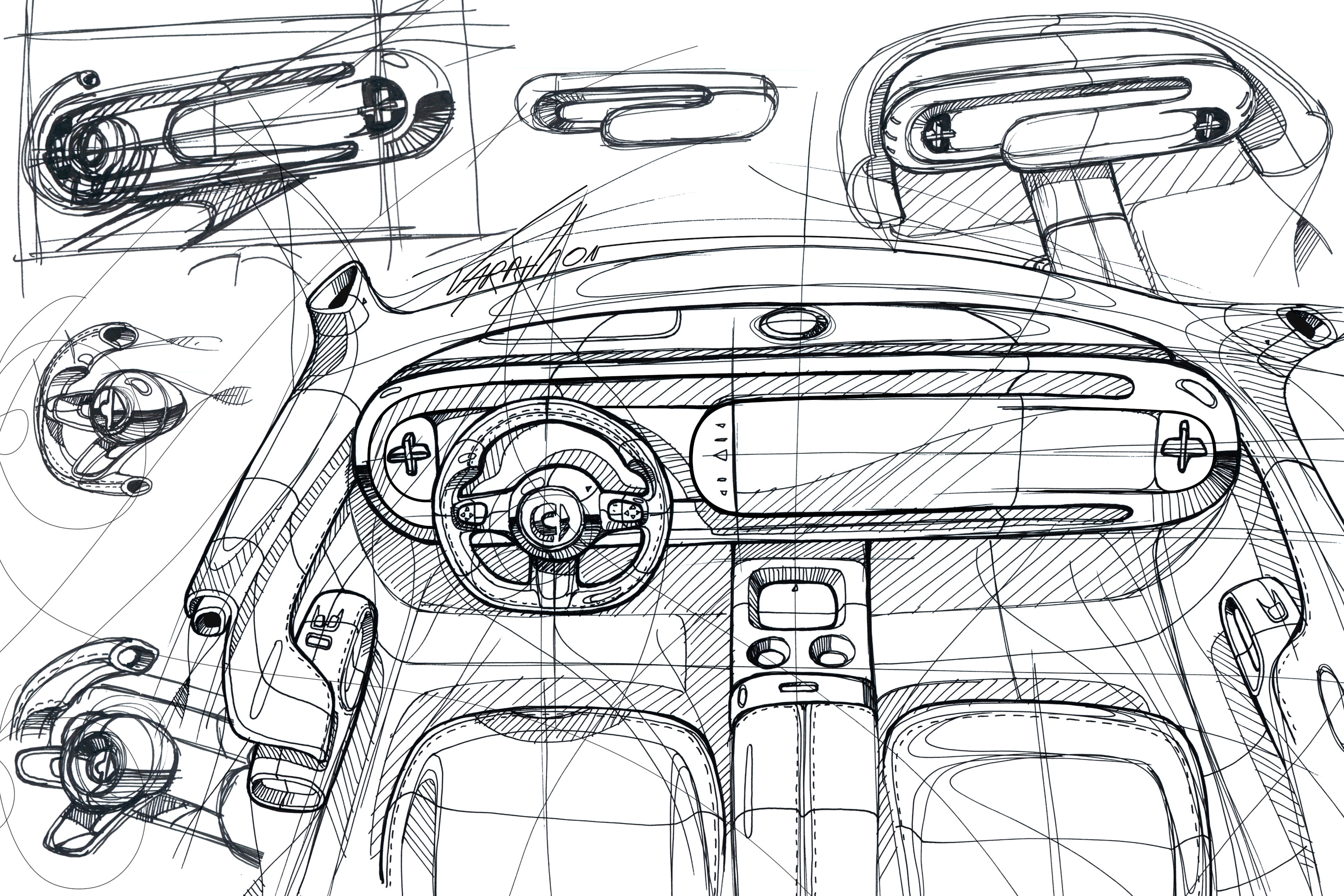
Smart #5 interior sketches
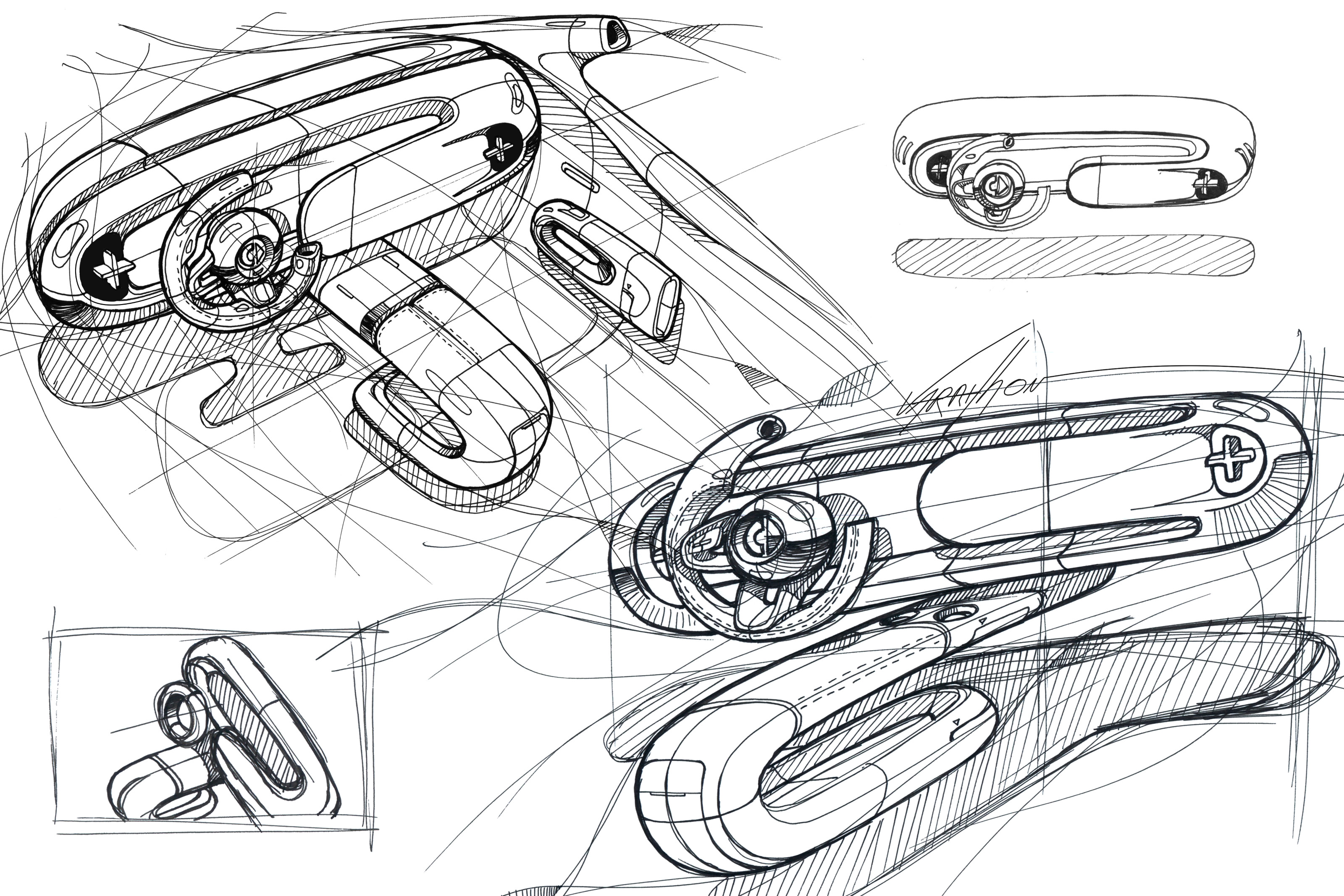
Smart #5 interior sketches
W*: Where did the influences come from for the new design approach?
KS: It was about finding the sweet spot. It was clear that Geely’s new platforms would allow Smart to grow up slightly. More and more cars are alike – you need to find your USP and emphasise it. Our design philosophy was to create emotional, friendly design, inspired by product design and three key criteria: ‘love, pure and unexpected’.
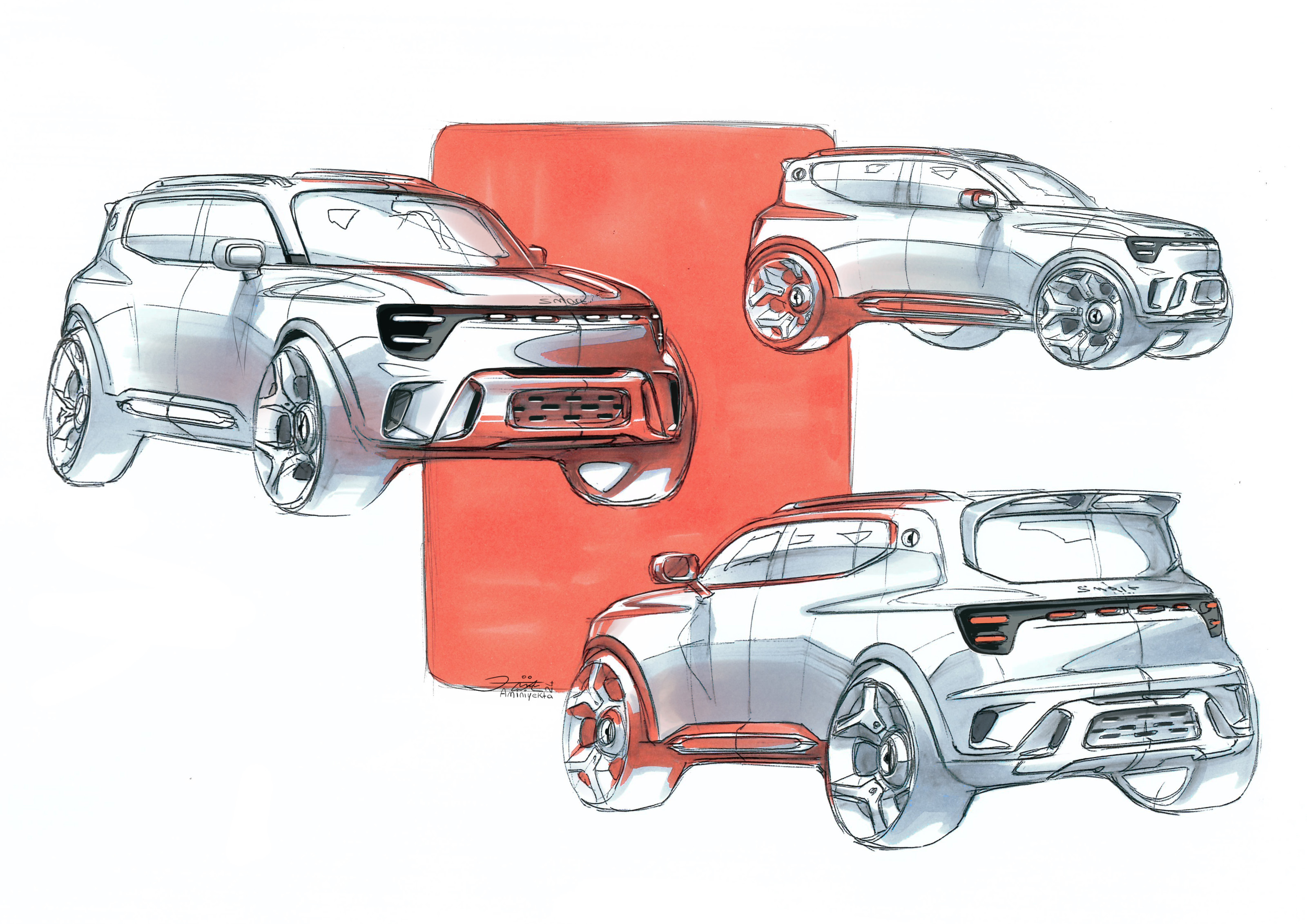
Exterior sketchwork design for the new Smart #5
W*: How did these criteria manifest in the new Smart #5?
KS: We have really pure, simple graphics, combined with unexpected elements like the ‘flying roof’. Then there are things like the low poly style of design for the animal assistants.
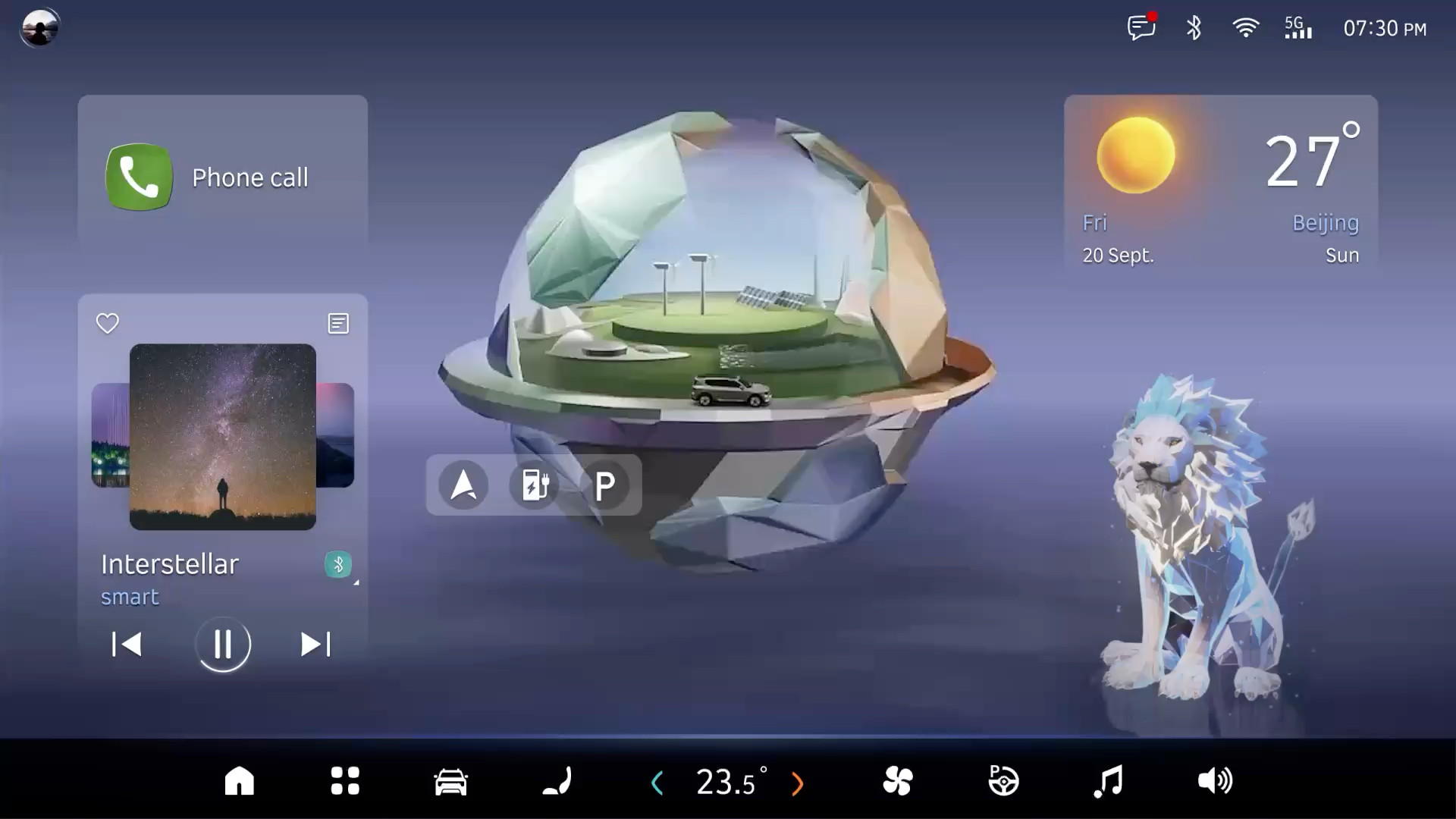
The new Smart #5's interface features its trademark 'animal' graphics
W*: How does the #5 evolve the Smart brand?
KS: Smart #1 and #3 have an obvious [relationship to old Smart], but #5 is the largest Smart to date. We didn’t have to compromise on space. Although a Smart should always have the same light signature front and rear, we shifted to what I call ‘squaricles’ for Smart #5, an evolution of the triangular forms on #1 and #3. These oblongs are carried through into the interior and create a more utilitarian look. Inside, the passenger has a separate screen, what we call a floating ‘tech island’.
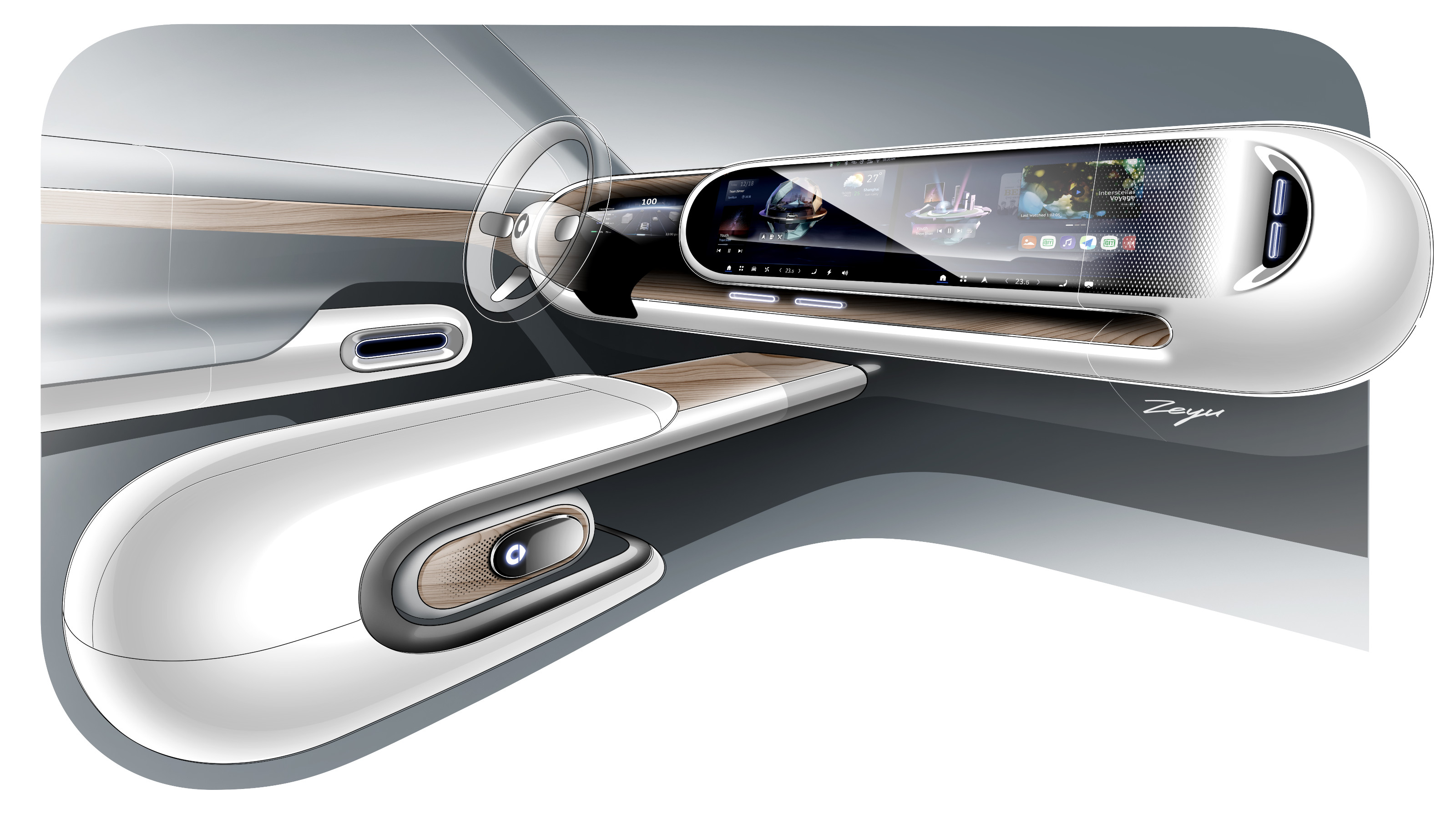
Interior sketchwork perspectives for the new Smart #5
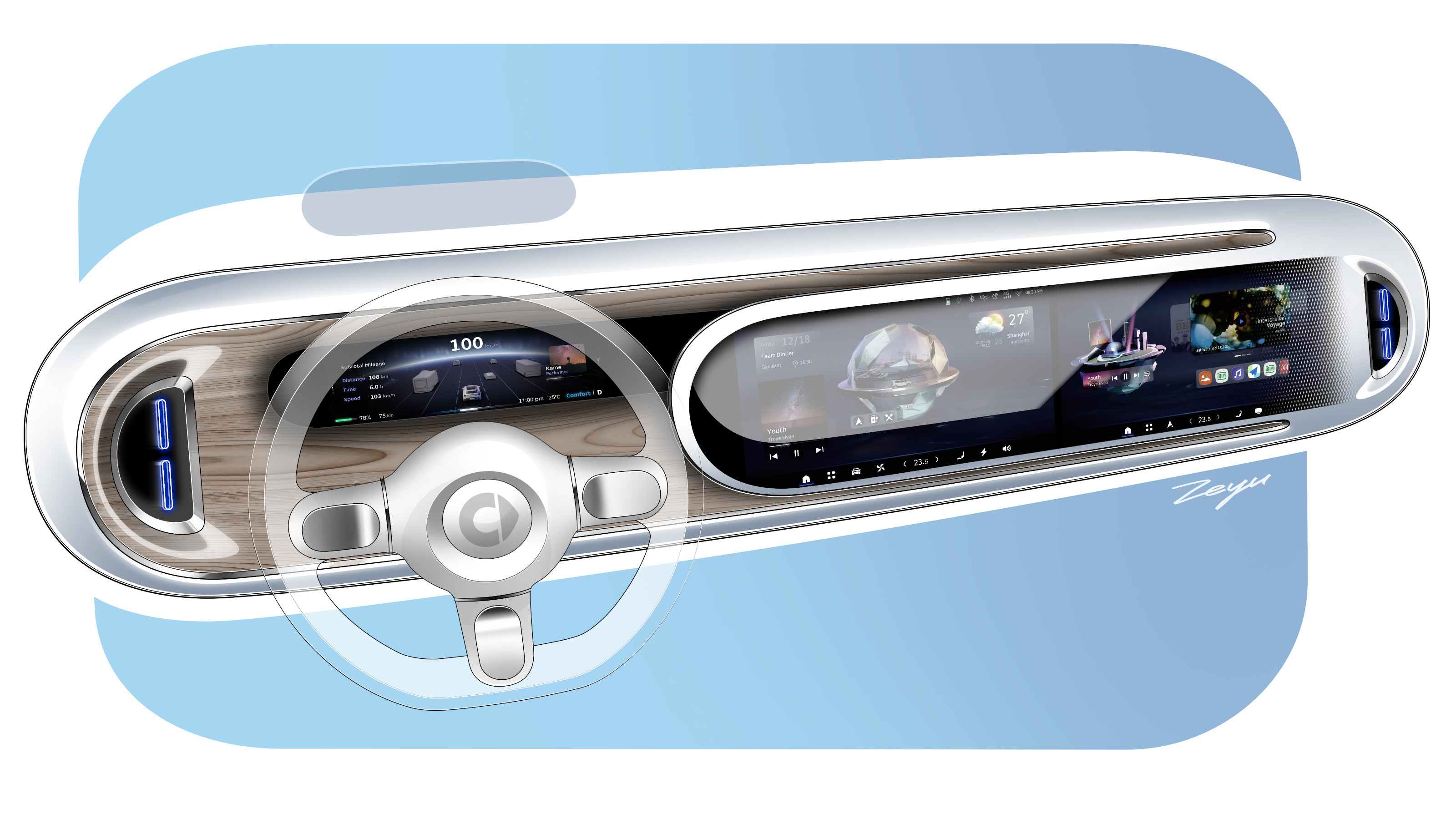
Smart #5 dashboard design sketch
W*: What about the material approach?
KS: Smart also stands for sustainability. With #5, all the touch points are finished in Napa artificial leather. There’s also real wood inside [on the dashboard and door trims]. Even the fabric we’re using on the most basic models is more upscale than #1 or #3.
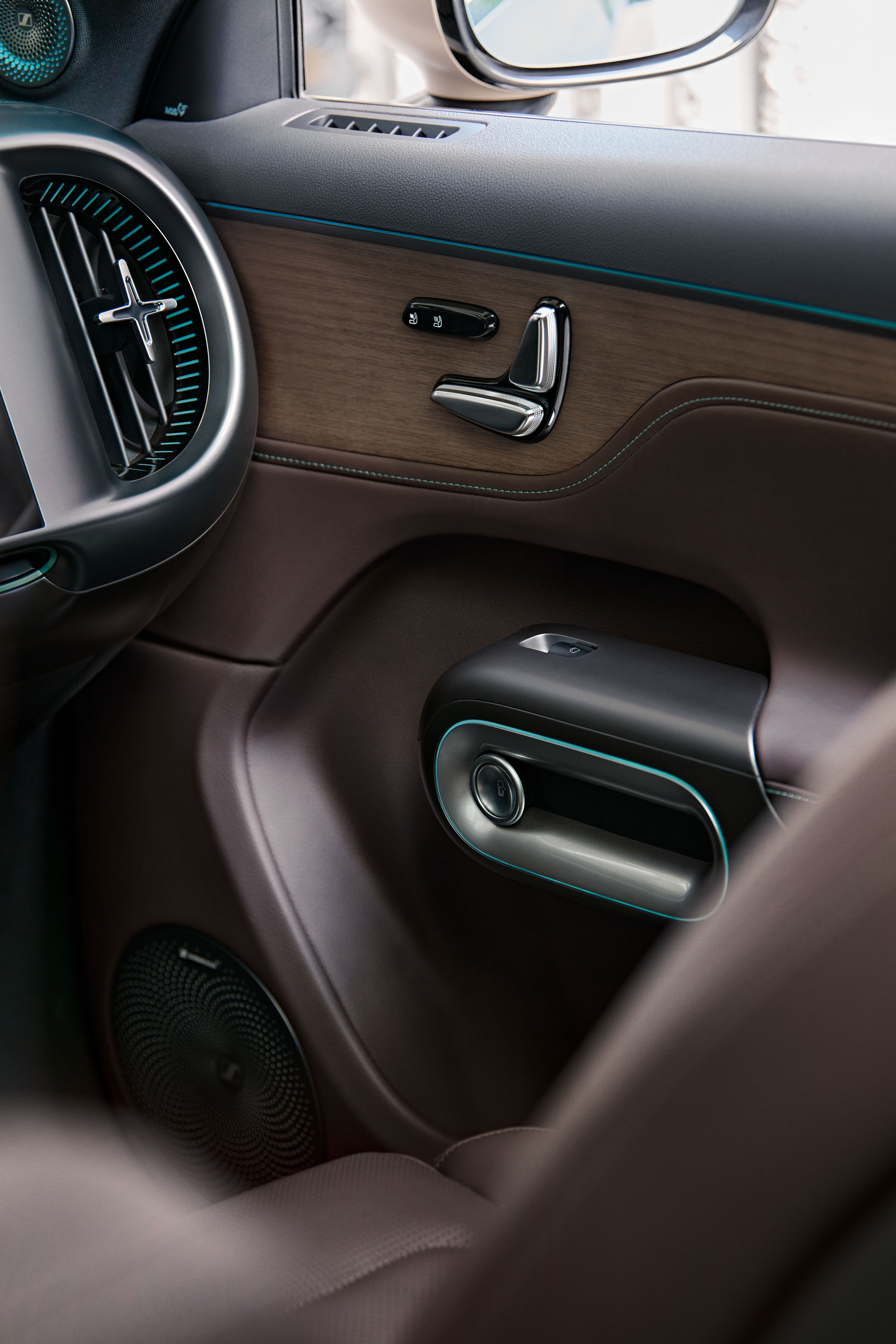
Interior details in the new Smart #5
W*: What’s the plan for selling Smart #5 around the world?
KS: We launched in China in October 2024, and the car will arrive in Europe in 2025. That’ll be followed by the UK, Australia and South America.
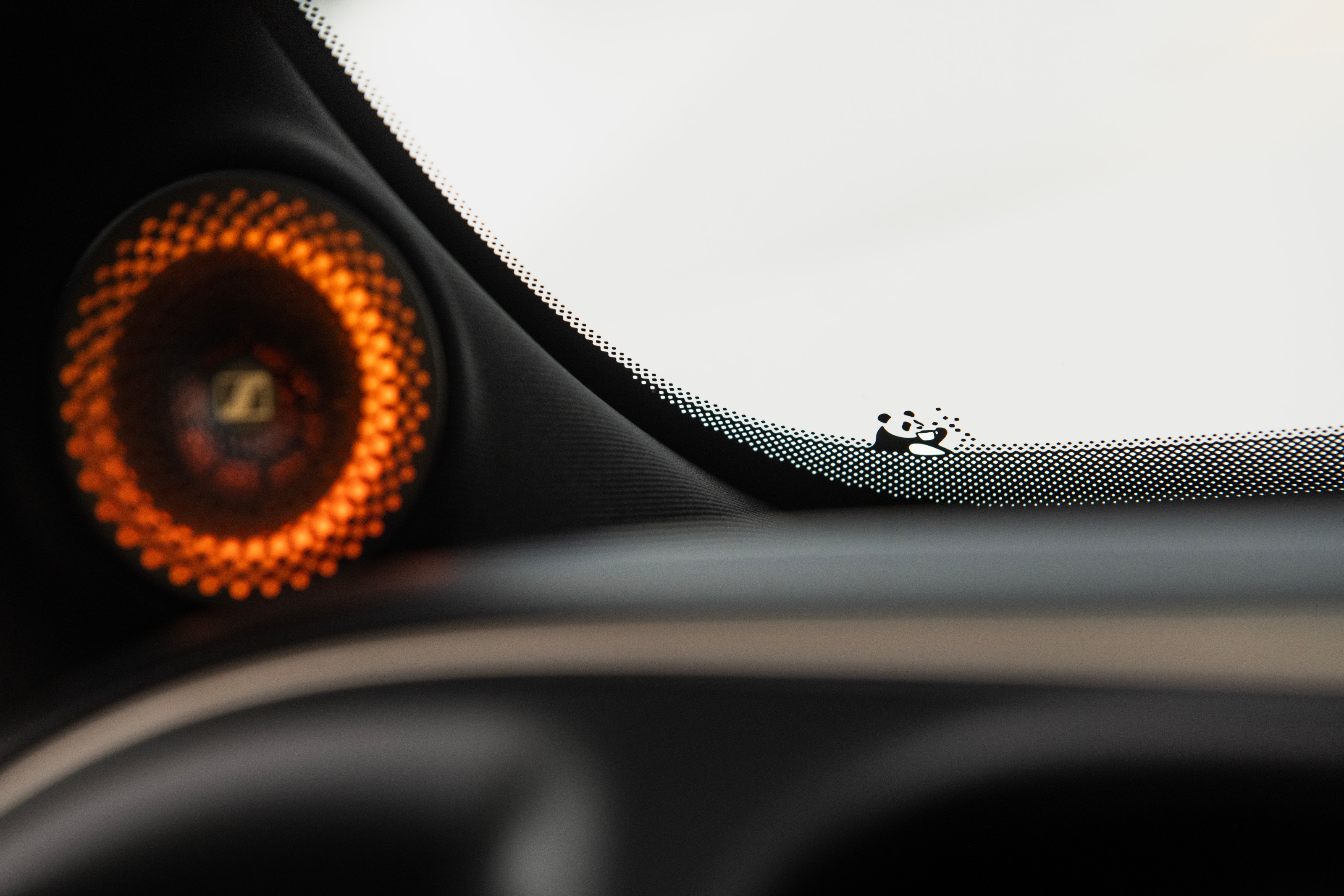
Smart #5 playful detailing: spot the Panda
Smart #5, coming soon, UK.smart.com, @smart_worldwide
Jonathan Bell has written for Wallpaper* magazine since 1999, covering everything from architecture and transport design to books, tech and graphic design. He is now the magazine’s Transport and Technology Editor. Jonathan has written and edited 15 books, including Concept Car Design, 21st Century House, and The New Modern House. He is also the host of Wallpaper’s first podcast.
-
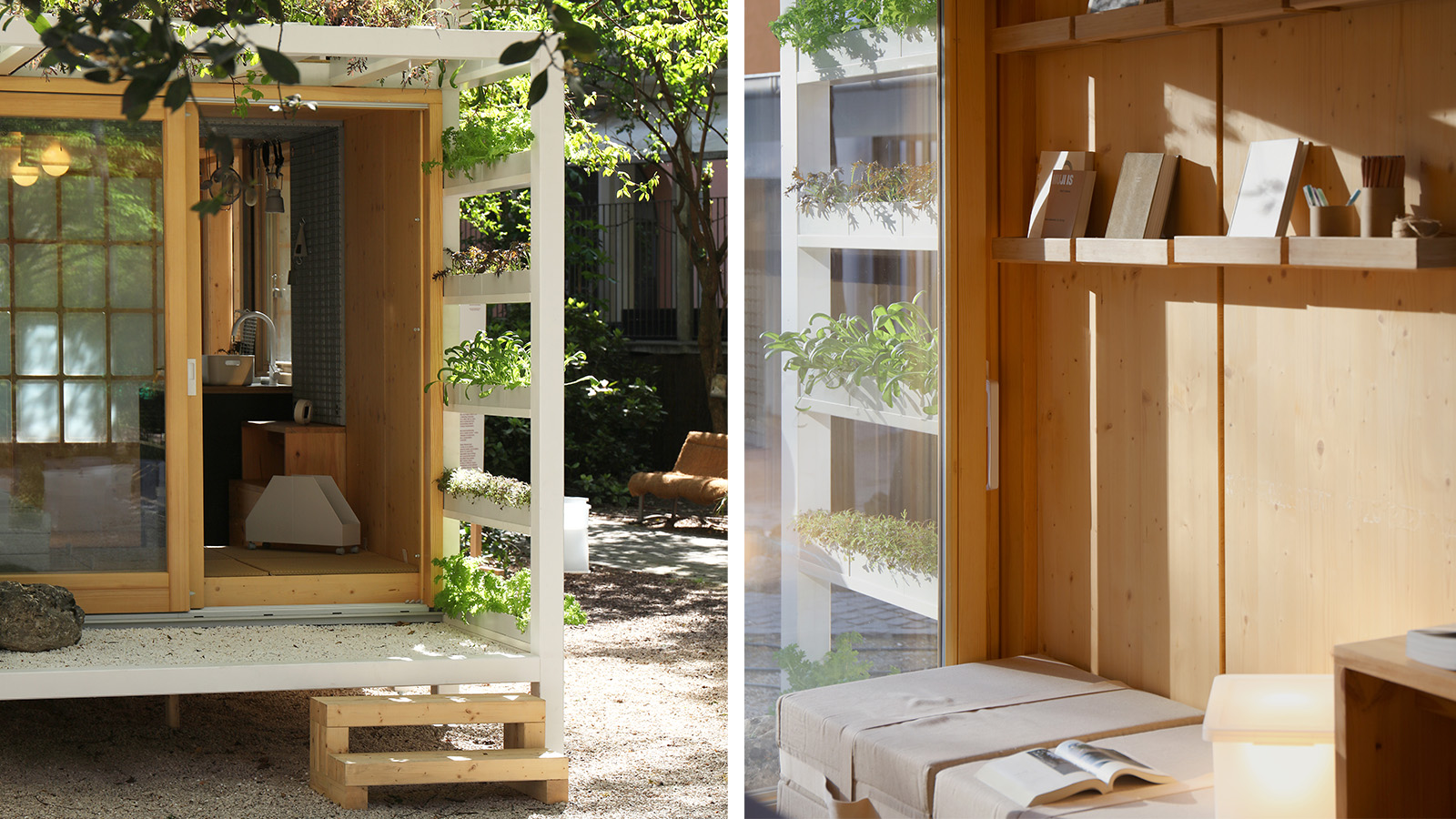 Japan in Milan! See the highlights of Japanese design at Milan Design Week 2025
Japan in Milan! See the highlights of Japanese design at Milan Design Week 2025At Milan Design Week 2025 Japanese craftsmanship was a front runner with an array of projects in the spotlight. Here are some of our highlights
By Danielle Demetriou
-
 Tour the best contemporary tea houses around the world
Tour the best contemporary tea houses around the worldCelebrate the world’s most unique tea houses, from Melbourne to Stockholm, with a new book by Wallpaper’s Léa Teuscher
By Léa Teuscher
-
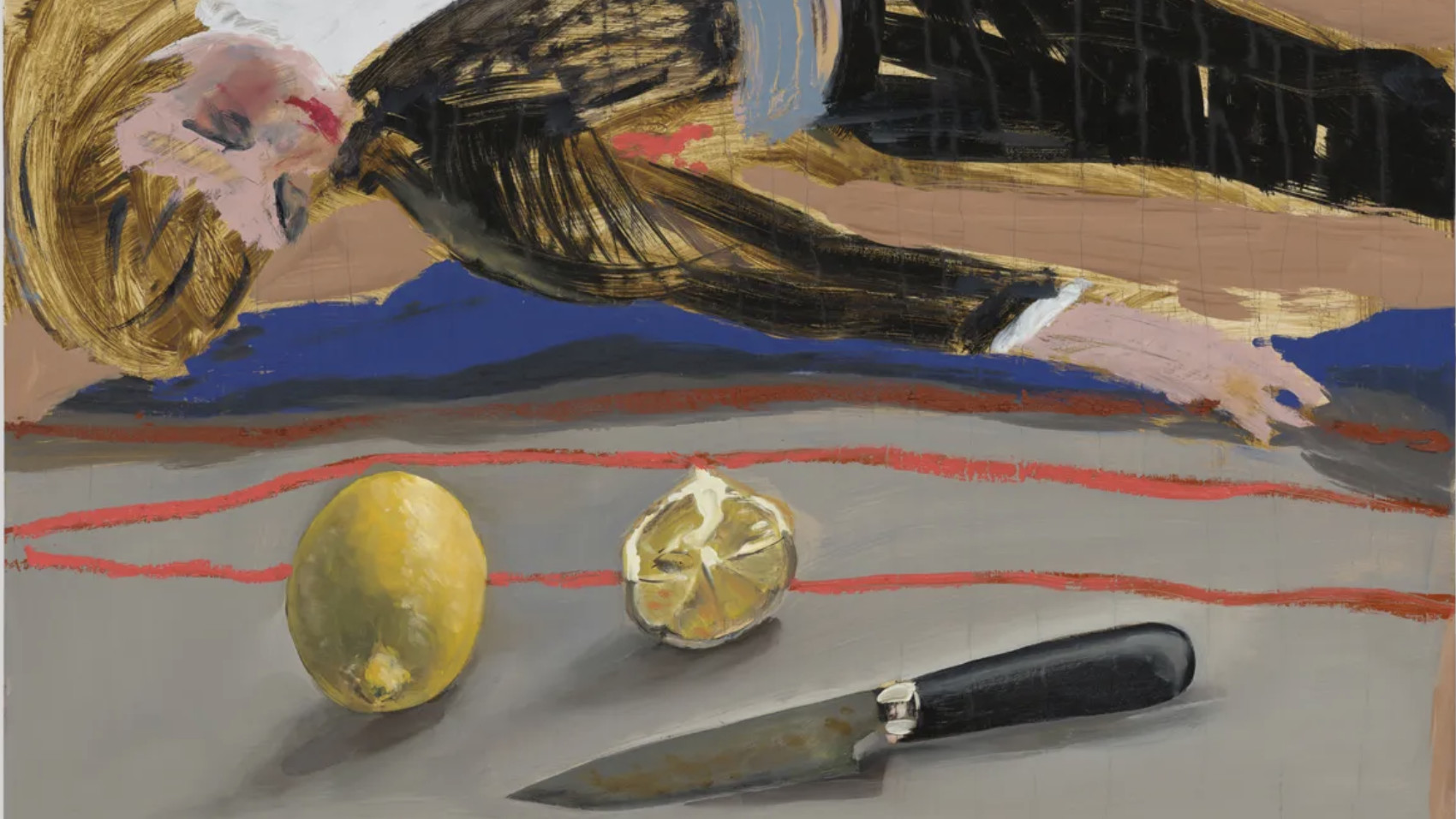 ‘Humour is foundational’: artist Ella Kruglyanskaya on painting as a ‘highly questionable’ pursuit
‘Humour is foundational’: artist Ella Kruglyanskaya on painting as a ‘highly questionable’ pursuitElla Kruglyanskaya’s exhibition, ‘Shadows’ at Thomas Dane Gallery, is the first in a series of three this year, with openings in Basel and New York to follow
By Hannah Silver
-
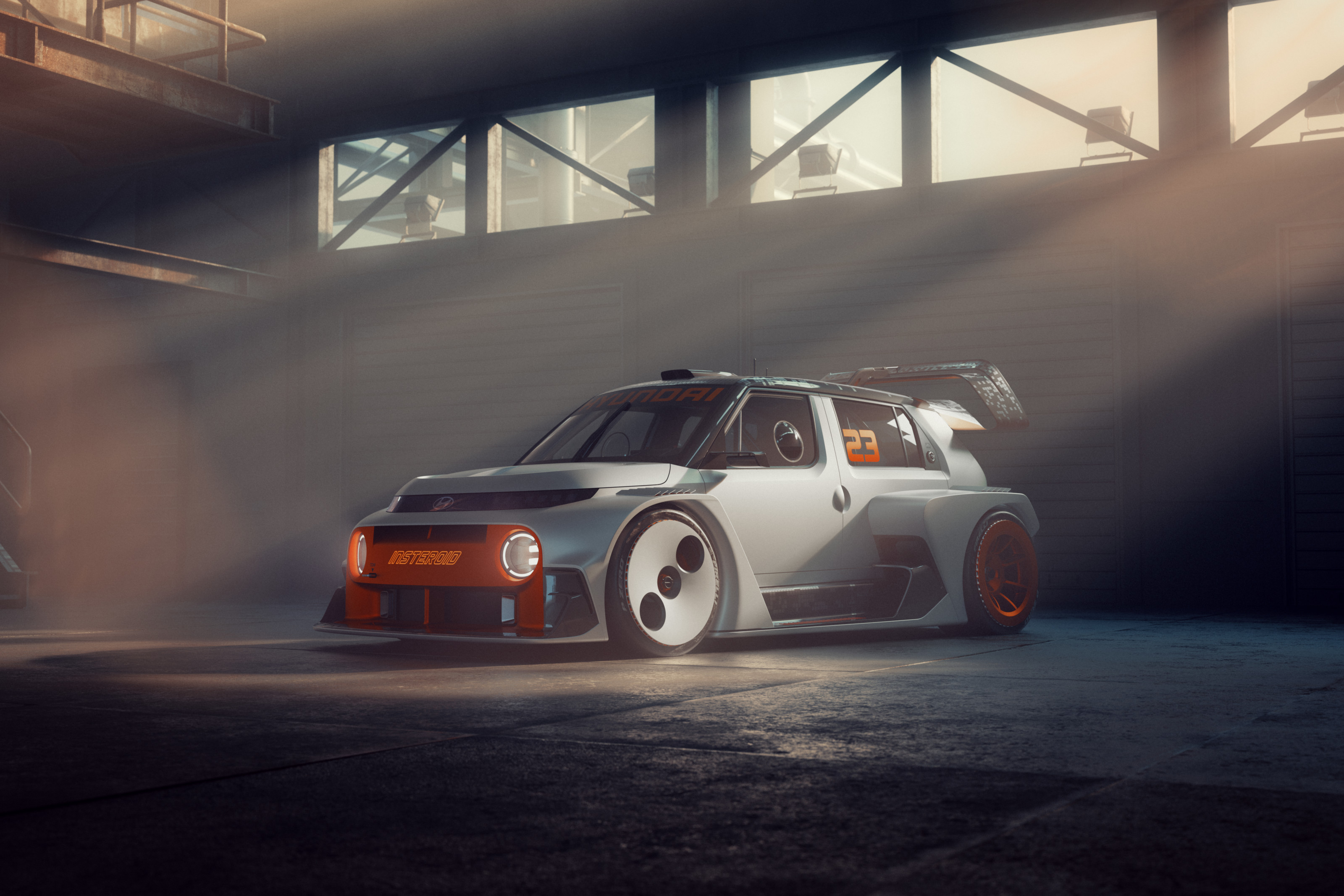 2025 Seoul Mobility Show report: all that's new and notable
2025 Seoul Mobility Show report: all that's new and notableOpened at a time of high national drama, the 2025 Seoul Mobility Show has gone on to underscore Korea’s place at the cutting edge of the auto industry. Guy Bird was there
By Guy Bird
-
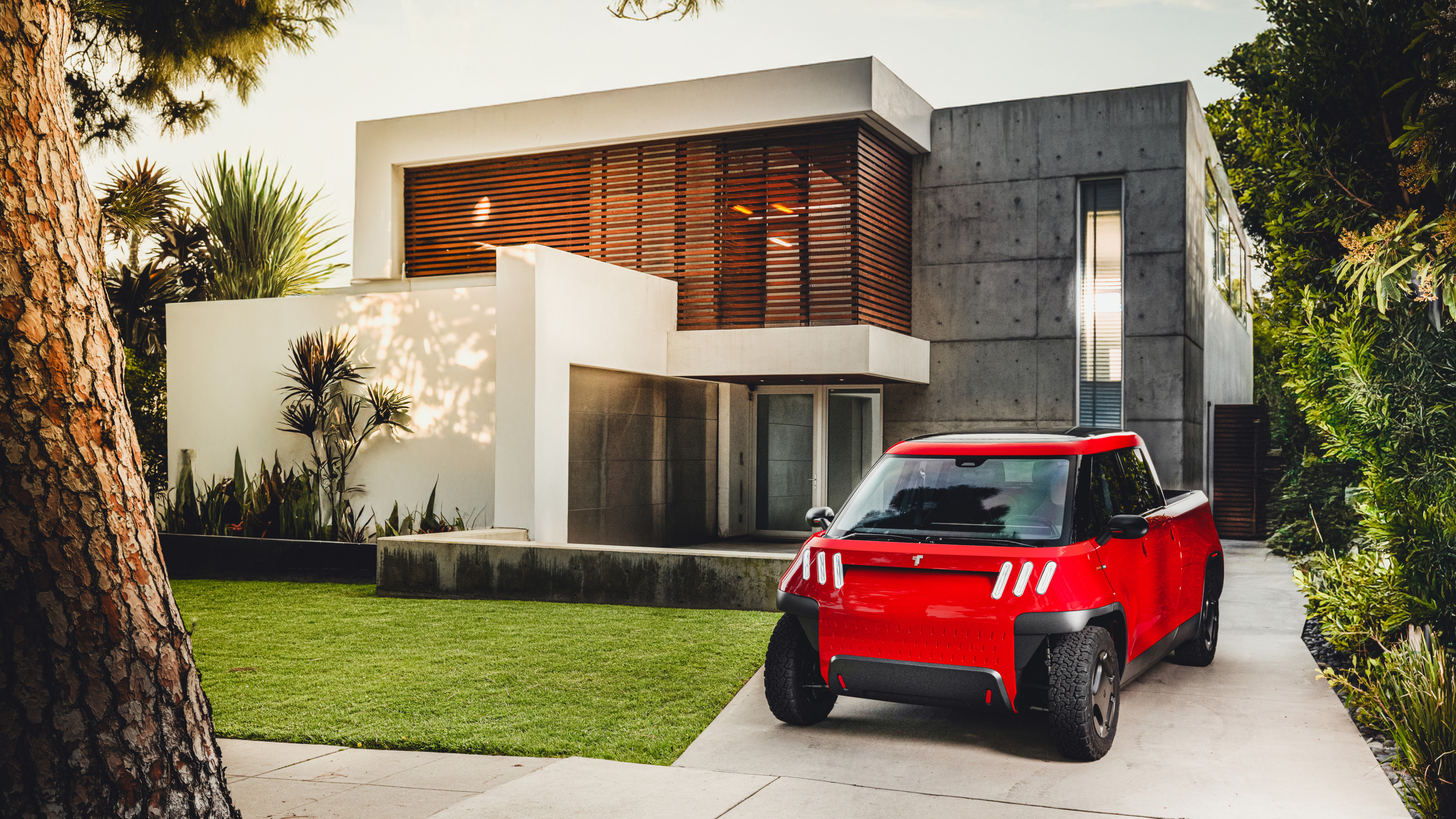 Meet the final drivable prototype of the Telo MT1 pickup truck, shaped by Fuseproject
Meet the final drivable prototype of the Telo MT1 pickup truck, shaped by FuseprojectThe Telo MT1 is a modestly scaled EV that turns the traditional all-American approach to pick-up truck design on its head
By Jonathan Bell
-
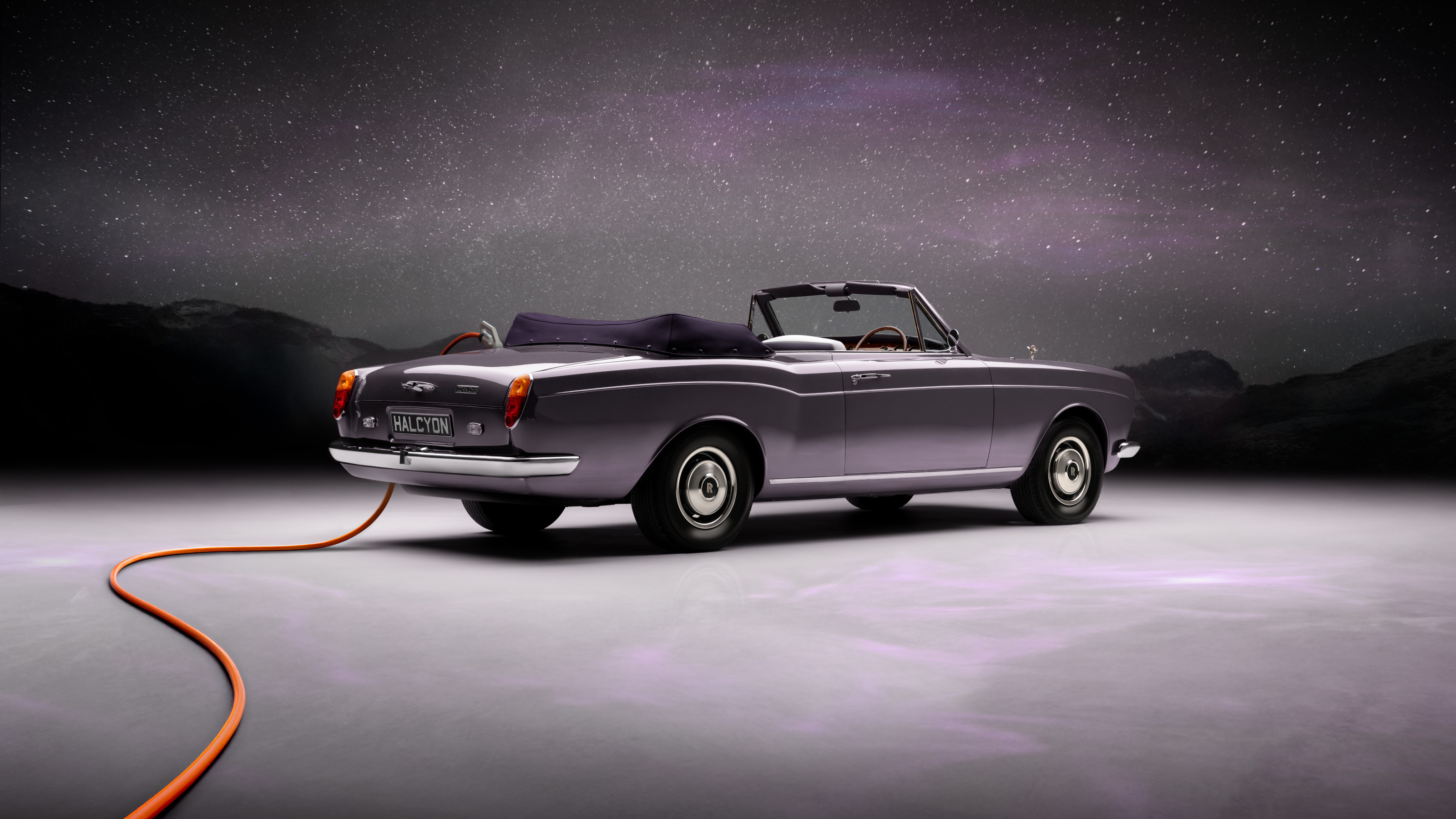 EV start-up Halcyon transforms a classic 1970s Rolls-Royce into a smooth electric operator
EV start-up Halcyon transforms a classic 1970s Rolls-Royce into a smooth electric operatorThis 1978 Rolls-Royce Corniche is the first fruit of a new electric restomod company, the Surrey-based Halcyon
By Jonathan Bell
-
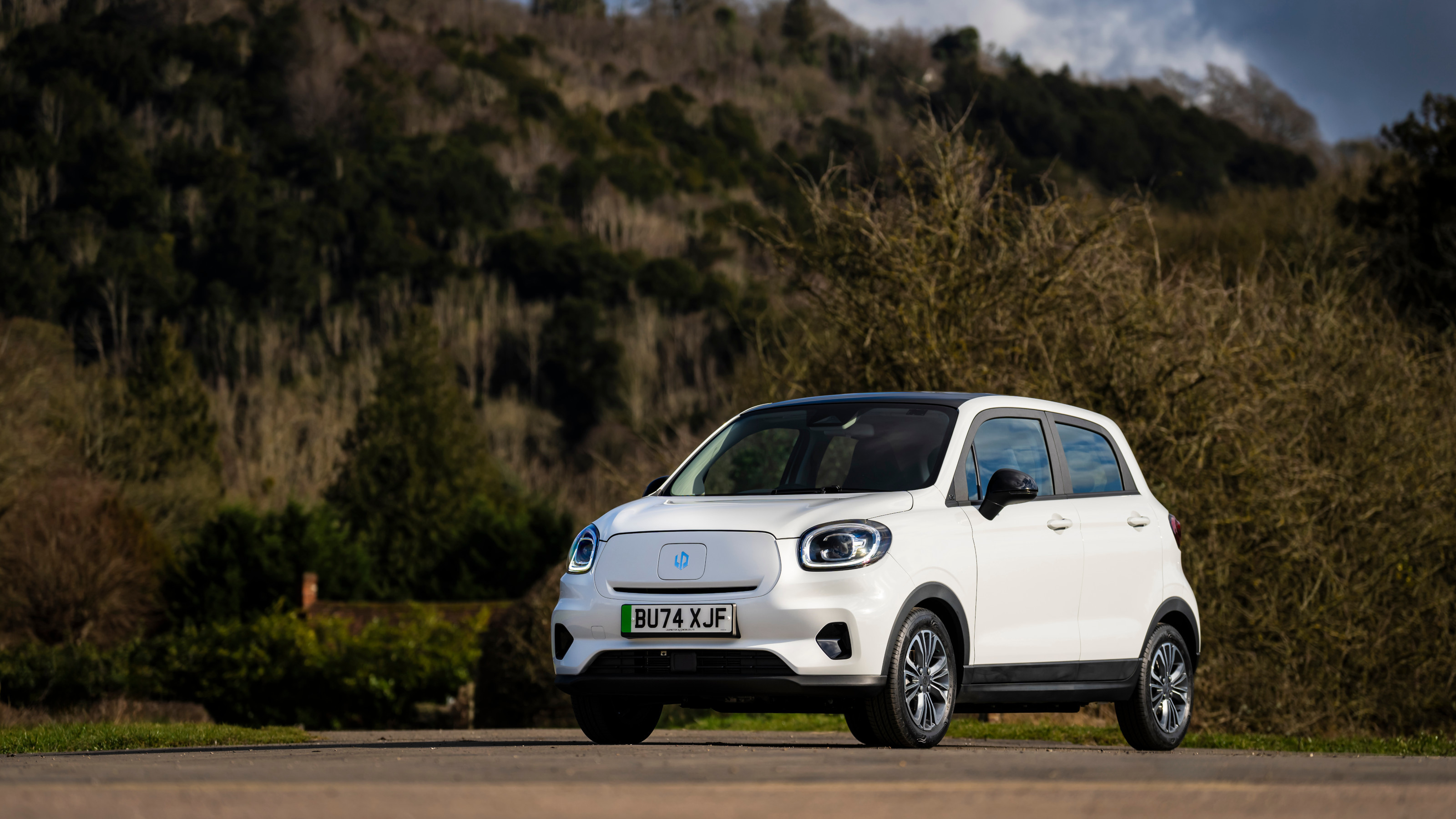 China’s Leapmotor pounces on the European car market with its T03 city car and C10 SUV
China’s Leapmotor pounces on the European car market with its T03 city car and C10 SUVLeapmotor’s tiny electric city car could be just the tonic for cramped urban Europe. We sample the T03 and its new sibling, the fully loaded C10 SUV, to see if the company’s value proposition stacks up
By Jonathan Bell
-
 Wallpaper* takes the wheel of the Bentley Blower Jnr for a rich automotive experience
Wallpaper* takes the wheel of the Bentley Blower Jnr for a rich automotive experienceHedley Studios has shrunk the mighty Bentley Blower into this all-electric, road-legal barnstormer. We take it to the streets of London
By Jonathan Bell
-
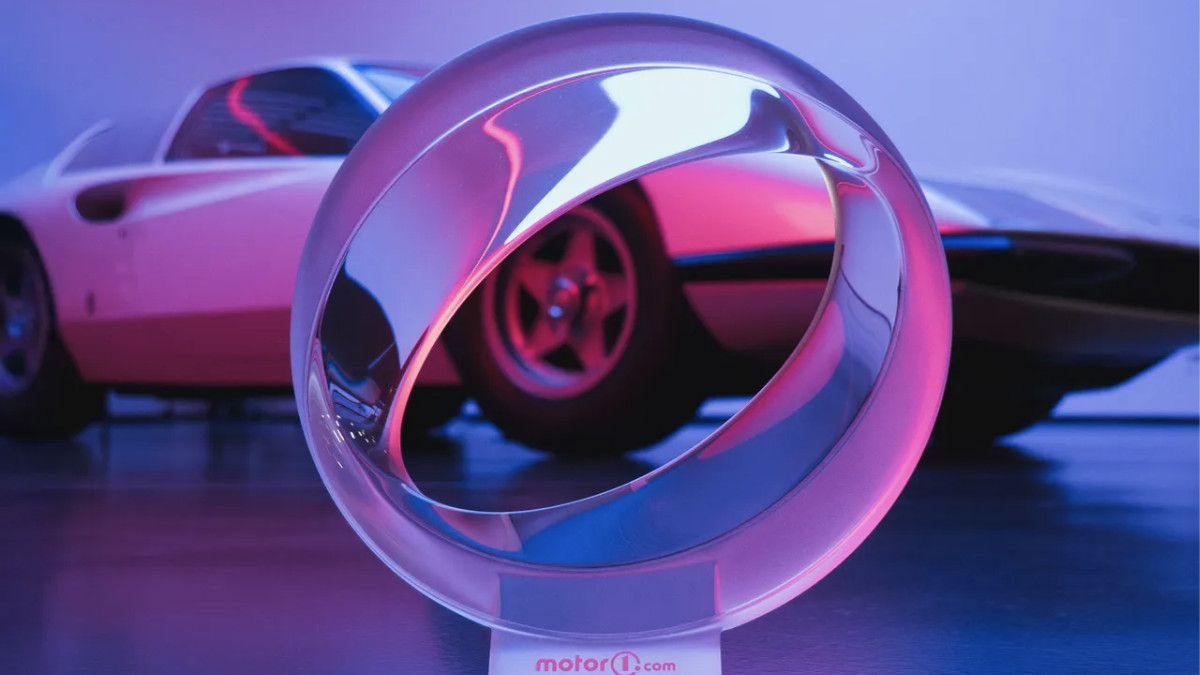 We are the world: Pininfarina’s ‘Orbis’ taps Papal support for an eco-friendly agenda
We are the world: Pininfarina’s ‘Orbis’ taps Papal support for an eco-friendly agendaThe Orbis is a ‘symbolic object’, a gift to Pope Francis from the Italian design agency at a time of political upheaval and social fracture around all aspects of sustainability
By Jonathan Bell
-
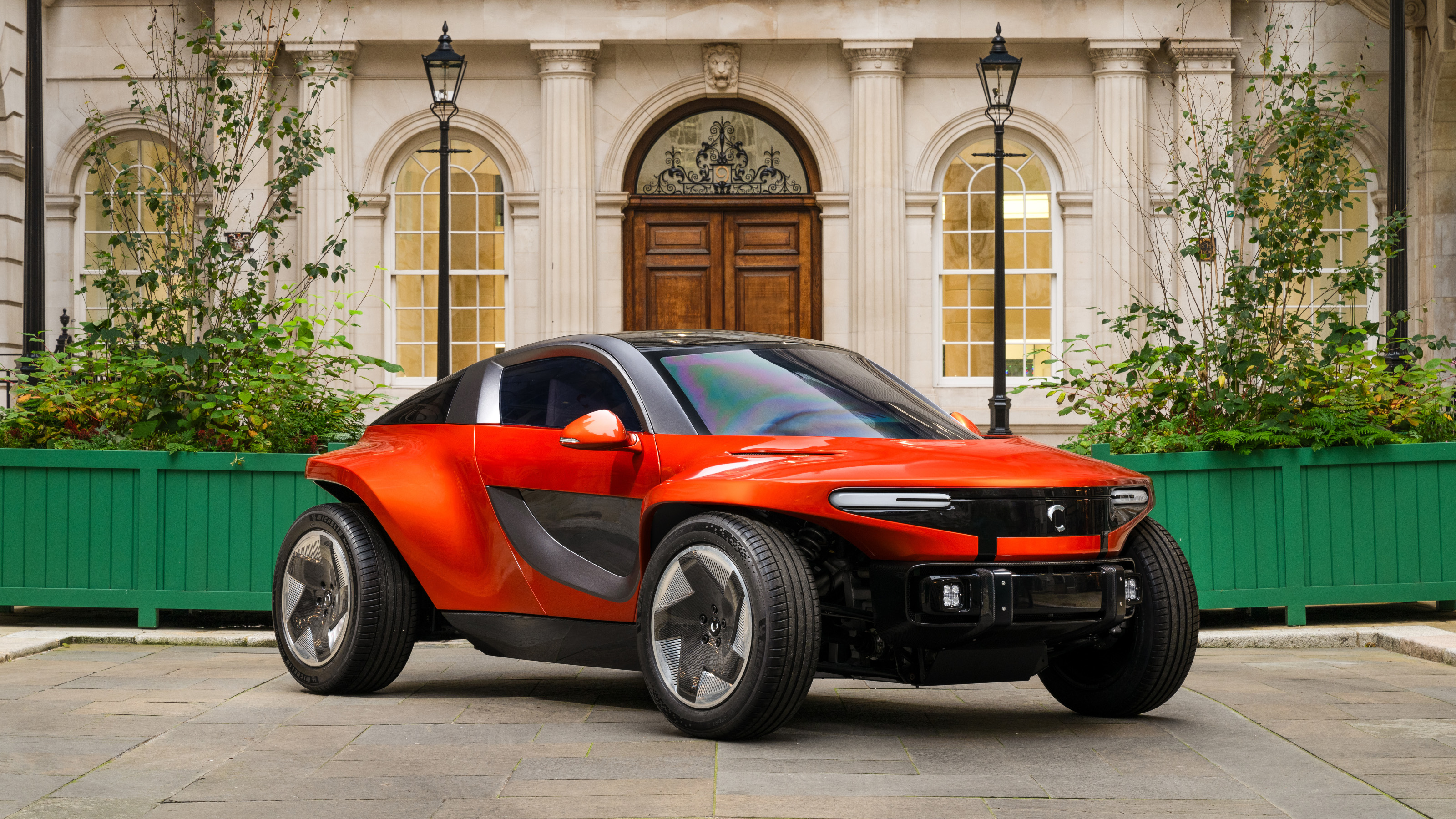 The exclusive Callum Skye EV reveals its interior style ahead of a 2025 launch
The exclusive Callum Skye EV reveals its interior style ahead of a 2025 launchThe Skye is a bespoke sporting EV with a lightweight ethos and an unconventional design. The forthcoming car now has a fully finished interior
By Jonathan Bell
-
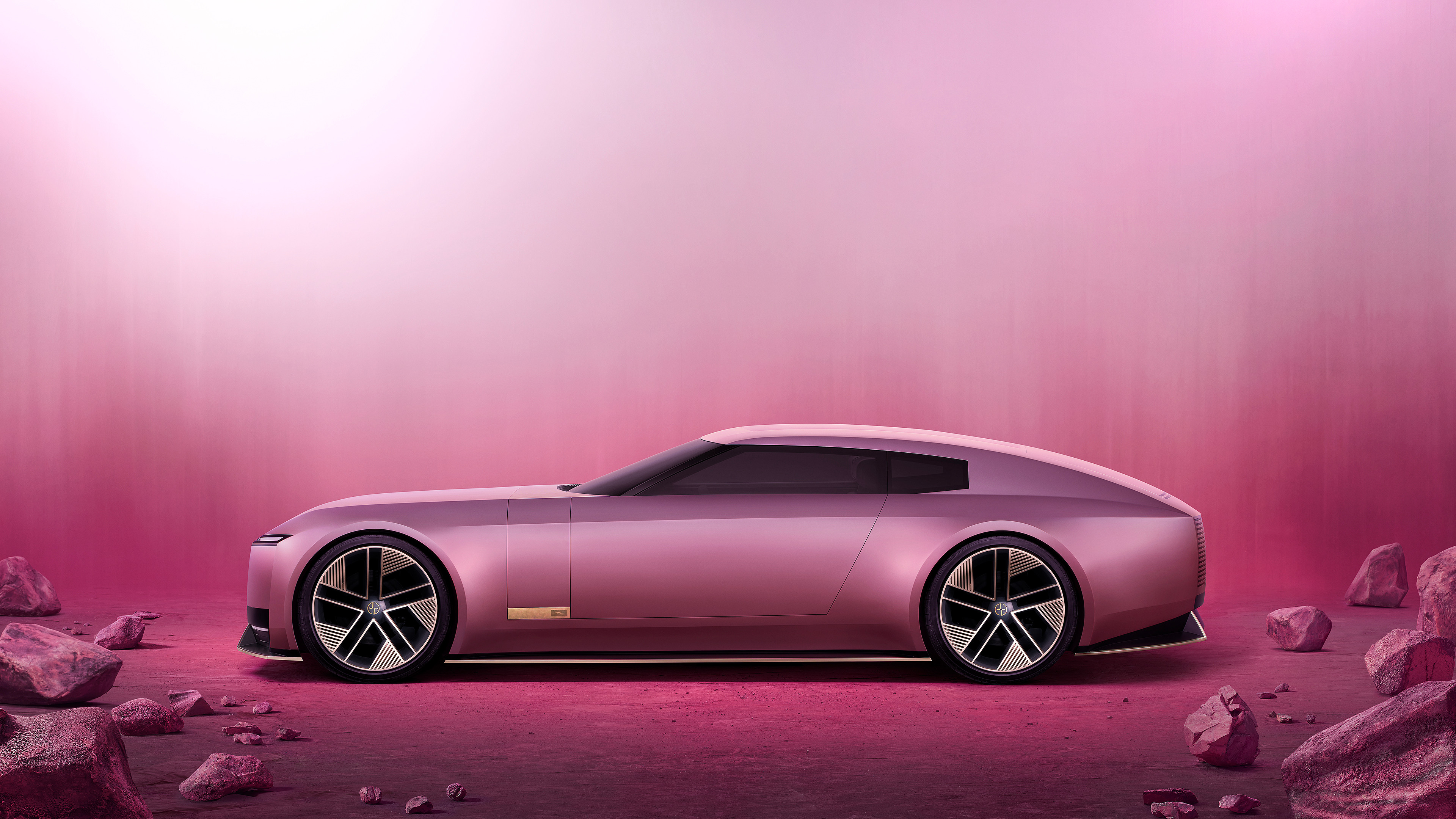 La Vie en Rose: can the Jaguar Type 00 reset the narrative surrounding the brand’s reinvention?
La Vie en Rose: can the Jaguar Type 00 reset the narrative surrounding the brand’s reinvention?This is the Jaguar Type 00, the first physical manifestation of the reborn brand’s new commitment to ‘Exuberant Modernism’. We take it for a semiotic spin
By Jonathan Bell